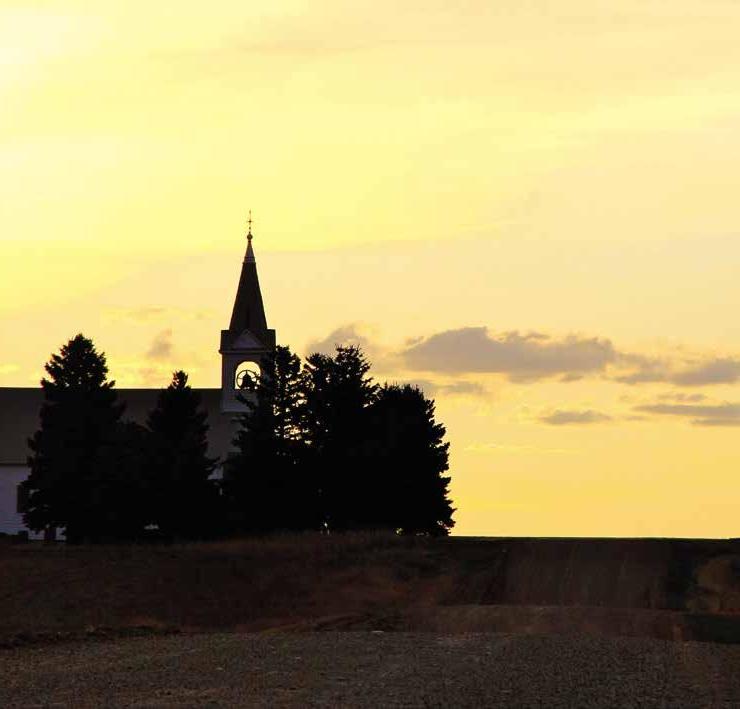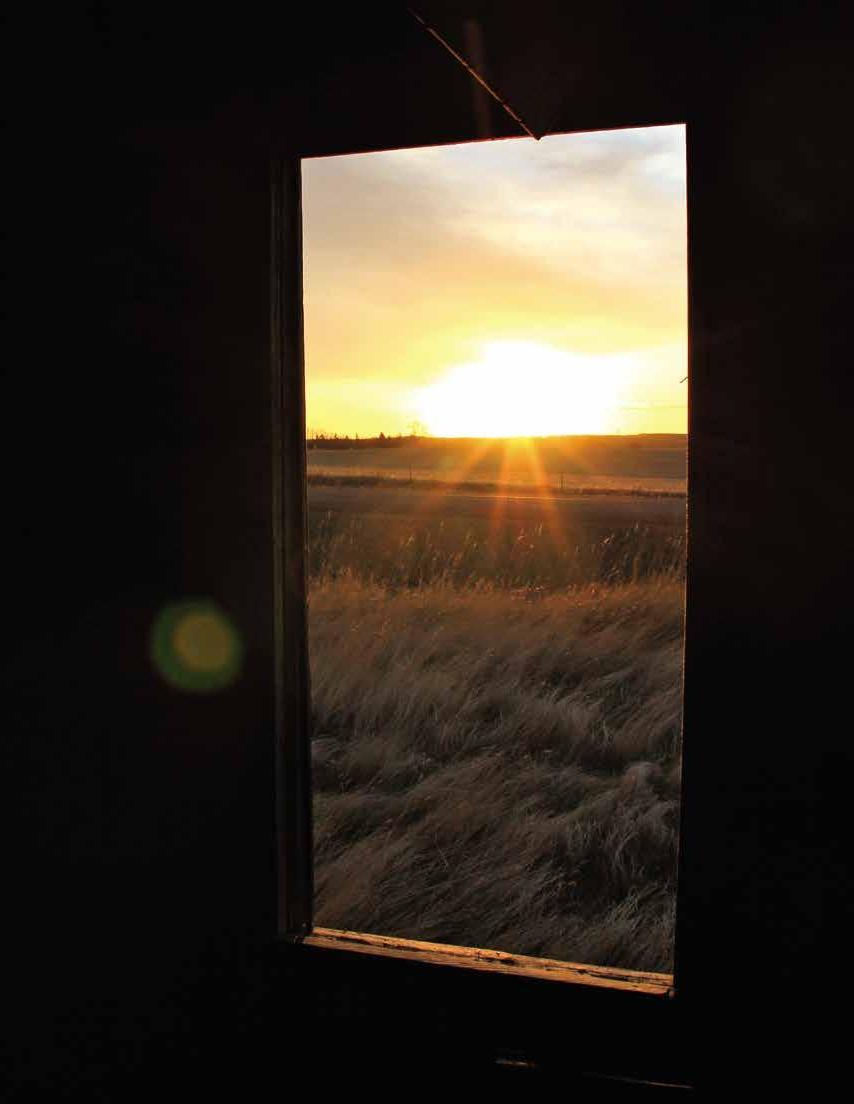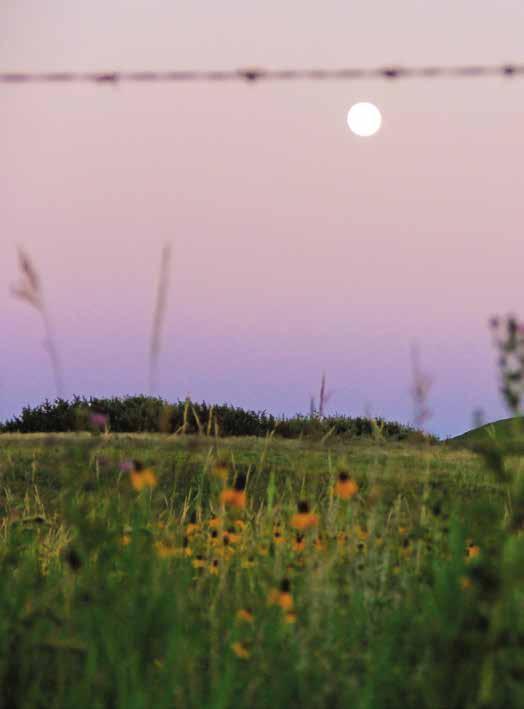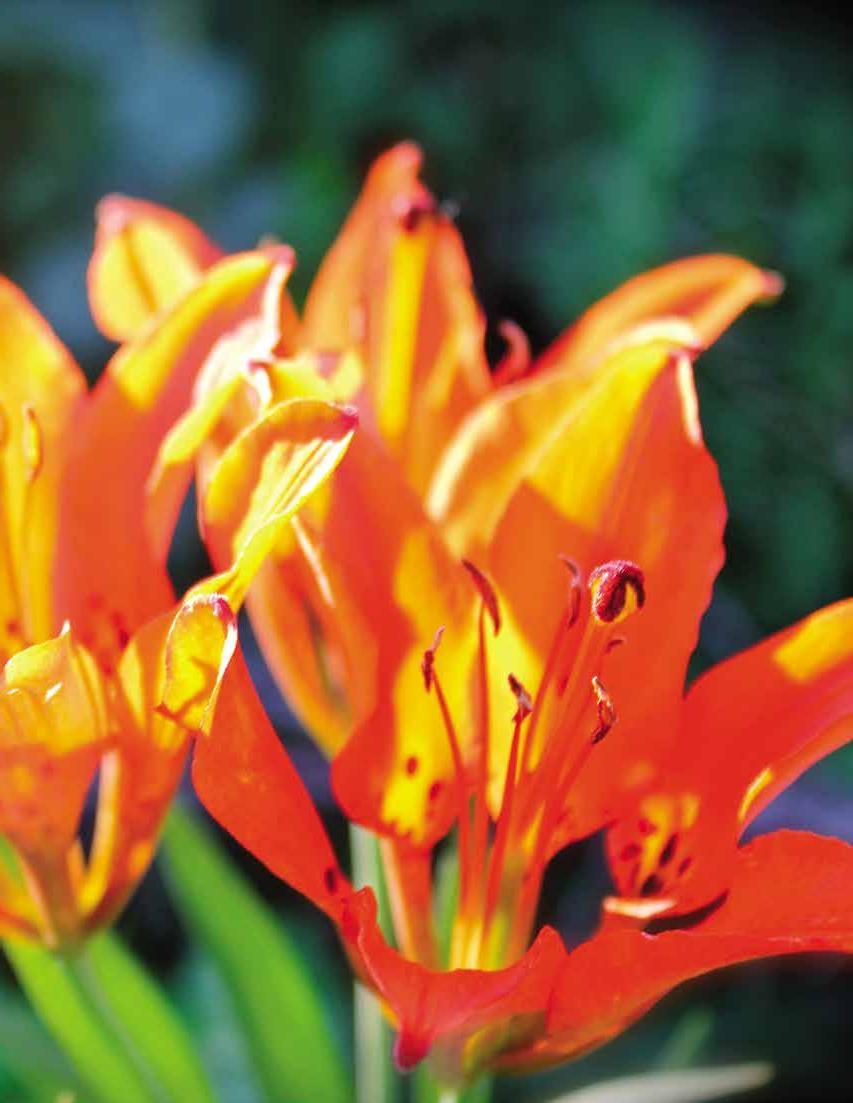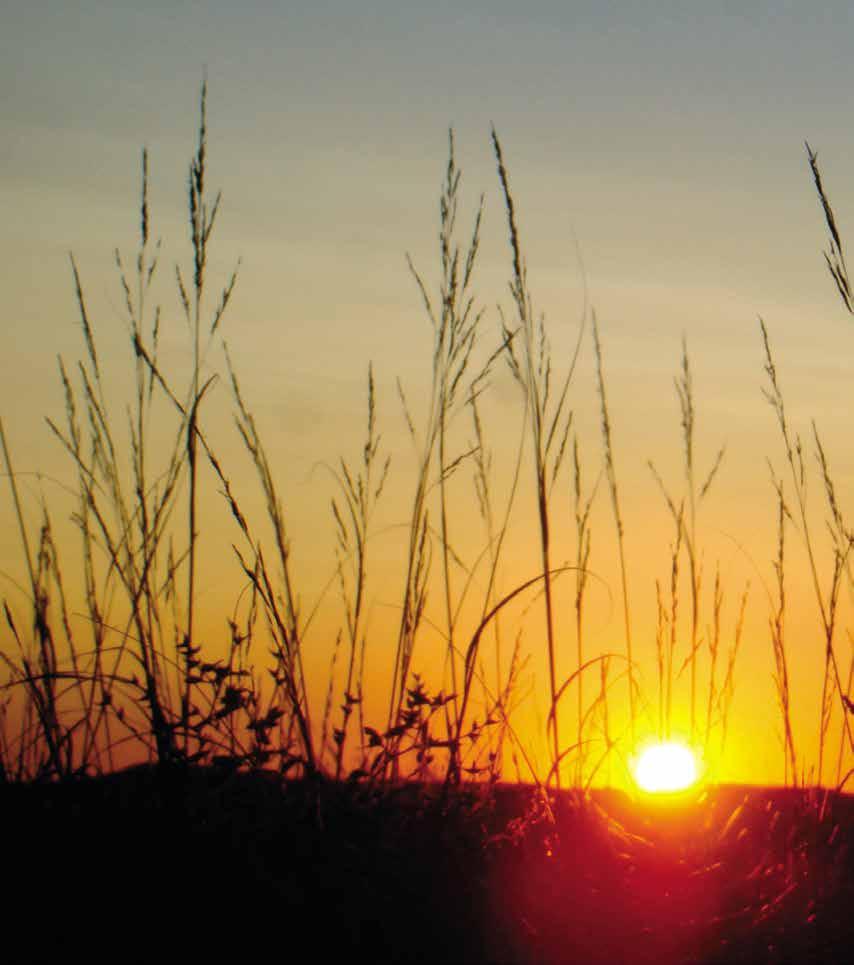
3 minute read
Homecoming
Photo by Jesse Veeder Scofield.
By Stephanie Blumhagen
Advertisement
In August, you and I sat on those tall chairs by the bar, picking at appetizers, ruby liquid in thin stemmed glasses so delicate. The server stalked past in heels, dressed all in black. You leaned in, swirled the wine in your glass and you asked me, “Why?” You said, “Why are you moving home? Why now?”
I perched on that stool, in the shadow of that marble rotunda where the leaders of the Evergreen State had agreed on the nation’s highest minimum wage and that marriage should be about love, not gender. I gazed out the picture window, framing sailboats on the Puget Sound, and white-topped jagged silhouettes of the Olympic Mountains in the distance.
I couldn’t tell you why then. I fumbled and said, “My job is about to end. Grad school is over. I’ll miss you. I’ll miss this. It’s time to move on.” I said, “My parents and grandmother are getting older. It’s time to be closer to family.” What I couldn’t explain, as the whiteshirted bartender polished gleaming glasses with a towel as crisp and white as the cuffs of his shirt, was that I needed to come home to the sky.
I didn’t have the words then to paint that moment in July when I knew. I was home for a week, a last chance to say goodbye to my dying uncle. Alone at midnight I sat on the front porch, tiny stones and holes in the weathered concrete leaving prints in the undersides of my legs. I was choked and twisted inside with questions whirling, mourning family Christmases missed. If I came home, would it be for family or me? These ties that bind, would they chafe? These ties? Would I mourn the deep fern-filled forests, the towering Douglass fir trees, and my freedom? I turned my eyes to the all-surrounding sky, clear black, layered deep with starlight. Bright, crisp, unfailing faithful sky. I knew I was coming home in the fall and I knew why.
Poking at pickled quail eggs in that wine bar on Capitol Street, I couldn’t describe how my thoughts unfurl under prairie sky, stretching, reaching, filling the endless space around me. As we drove from Washington to North Dakota for my uncle’s memorial service, the land slowly leveled to rolling hills, the trees thinned, the world opened up. Somewhere east of Richardton, on I-94, I felt invisible wings opening, catching the wind like kites.
I couldn’t tell you then, how fall sunset slants, slips in sideways, illuminating grass stems, painting gold and bronze light on brome’s fringy tops and waving spears of crested wheat. I didn’t have words then for sunsets that wrap around you on all sides, a canvas painted new each evening. I didn’t yet know about driving west on a still October evening. The sky painted streaks of peach and pink above and behind. Blue and mauve and wisps of cloud caught gold light. The potholes turned glassy liquid mirrors, so that the sunset was painted in the water to my left and right, spread across the sky above and behind, I was engulfed in color on all sides. I didn’t know then that at home I can drive into the sunset, become part of it.
Here I’m not a mere visitor, but a thread in the tapestry, a piece of the landscape, roots sunk three and four generations deep in rich soil. The coastal mountains, Pacific Ocean, and Puget Sound were never mine. I loved those forests, but it was love on loan. These places belong to other people. I could never make them my own.
At that wine bar in Olympia, sipping wine with my friend, I couldn’t speak then the words already scratched onto the pages of my journal. The words my uncle said not long before I said goodbye. “When she’s done out there,” he said, “she’ll come home. She has it in her. It’s who she is.”
Stephanie Blumhagen is from Drake, North Dakota. She holds MPA and MES degrees from The Evergreen State College in Olympia, WA and moved back to the prairies of North Dakota in September 2013 after eight years among Washington State’s evergreen forests and mountains. She is employed as the Grant Writer at Dakota College at Bottineau and resides in Bottineau and on the family farm south of Drake.



